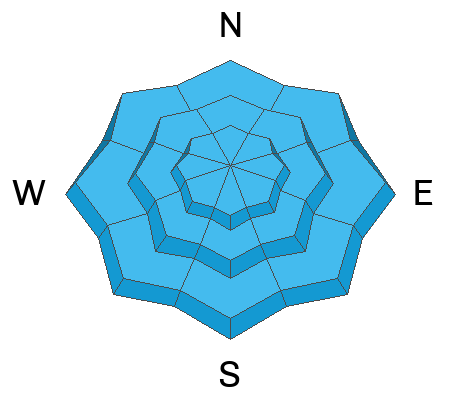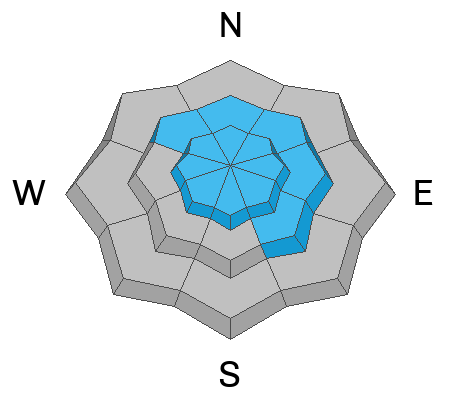Forecast for the Salt Lake Area Mountains

Issued by Nikki Champion on
Thursday morning, March 9, 2023
Thursday morning, March 9, 2023
Today the avalanche danger is MODERATE on all aspects and all elevations. Both hard and soft slab avalanches remain possible within layers of new snow from the last two weeks. Additionally, the elevated winds may create unstable slabs of wind-drifted snow at mid and upper elevations.
Avalanche danger will be on the rise as we receive heavy snowfall, high winds, and overall warm temperatures with the incoming storm.

Low
Moderate
Considerable
High
Extreme
Learn how to read the forecast here








